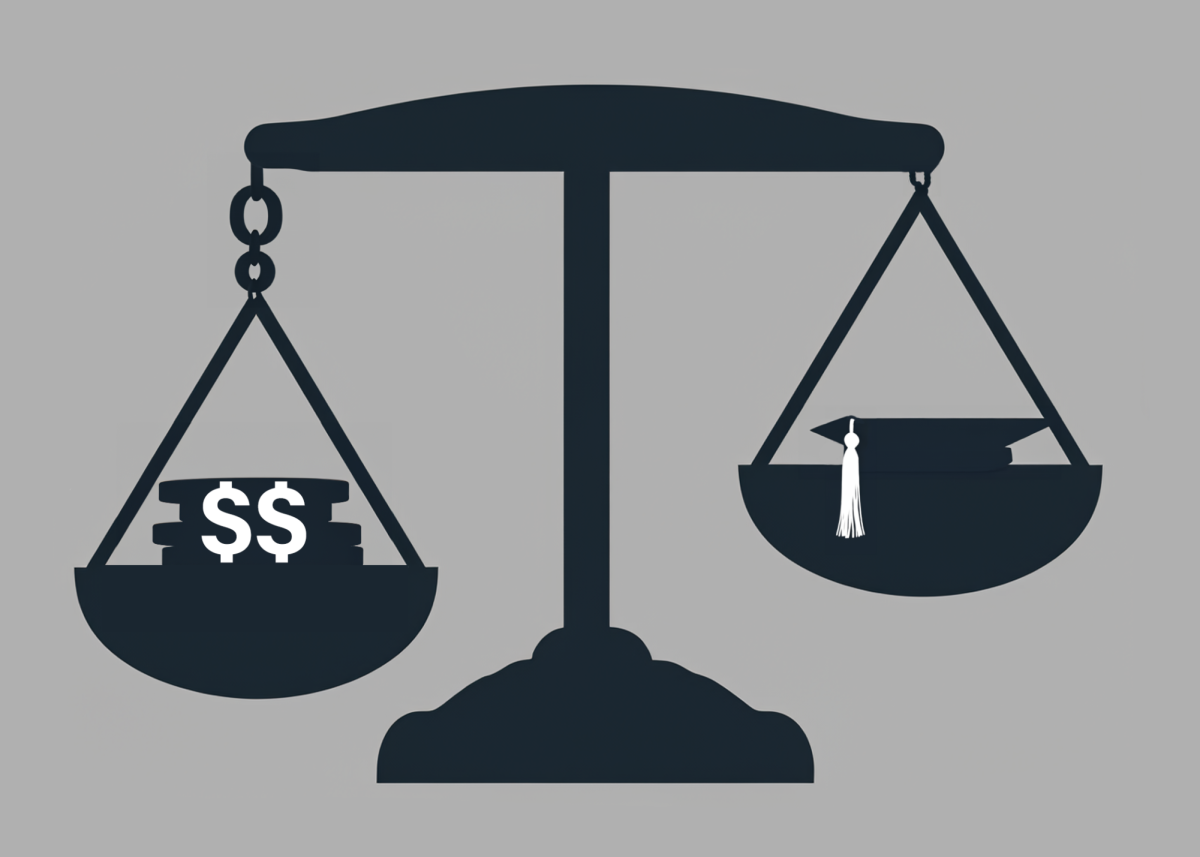Wage discrimination wrong, but more legislation is not solution
Commentary by Aakash Jain ’14
THE ROUNDUP
When Americans recognize problems in our society, they much too willingly turn to government for solutions.
Our nation fails to understand the distinction between what people should do and what they can do.
The American economist and author Thomas Sowell explained the danger this poses when he wrote, “What is ominous is the ease with which some people go from saying that they don’t like something to saying that the government should forbid it. When you go down that road, don’t expect freedom to survive very long.”
For example, equal pay for equal work laws. At face value, such legal measures seem justified. After all, discrimination is ugly and ridiculous, and our rationality urges us to cleanse the world of this affliction as rapidly as our means allow.
This same rationality beseeches each individual to dig a little deeper. Let’s consider a law that prohibits employers’ hiring of workers at different wages if the government deems their work to be equal.
A safe criticism is that such regulation of voluntary activity blatantly rejects the ideals of a free society.
As the U.S. Naval Officer Ben Moreell said in a 1950 address, “It must be obvious that liberty necessarily means freedom to choose foolishly as well as wisely; freedom to choose evil as well as good; freedom to enjoy the rewards of good judgment, and freedom to suffer the penalties of bad judgment. If this is not true, the word ‘freedom’ has no meaning.”
The empirical explanation is consistent with this idea.
First of all, what if an employer is not sexist, racist or otherwise prejudiced but still unequally remunerates his employees? A feasible explanation is that the workers produce varying outputs and are accordingly compensated.
In other words, the employer justifiably values certain employees more than others.
By making such transactions illegal, government can only harm the economy.
These laws are especially detrimental to the very same groups that they seek to help in the first place.
Such government mandates take away the competitive advantages of those people who are willing to work for less pay. Additionally, business-owners are less likely to hire employees who they believe could subject them to increased liability.
But what if an employer really is racist or sexist? What if each worker truly does engage in equal work and the employer’s motivation for paying them disparate wages is based solely in bigotry?
As Thomas B. Reed said an 1886 speech, “One of the greatest delusions in the world is the hope that the evils in this world are to be cured by legislation.”
But if government intervention isn’t okay, how do we rid ourselves of discrimination in the workplace?
The answer is simple and elegant—liberty remains the most competent, most just mechanism for eliminating prejudice, even more effective than the forceful threats of a bureaucrat.
Discrimination is simply not economically sustainable; it necessarily breaks down over time when left alone in the free market.
The American economist Walter Williams recently described this phenomenon in a 2012 column: “In 1947, when the Brooklyn Dodgers hired Jackie Robinson, why did racial discrimination by major league teams begin to drop like a hot potato? It wasn’t feelings of guilt by white owners, affirmative action or anti-discrimination laws. It turned out that there was a huge pool of black baseball talent … It became too costly for teams to allow the Dodgers to gain a monopoly on this talent … Had other teams not stepped in to hire black players … it might have given the Dodgers a virtual monopoly on world championships.”
If a business’s wage inconsistencies are genuinely due to racism or sexism, it cannot hope to compete in a laissez-faire economy. It will be unable to retain employees, who will seek fairer pay rates.
Such a business’s goods and services will be less desirable to consumers, resulting in less demand, because it values workers based on ethnicity or gender, not productivity.
A business cannot “exploit” its workers in a free market.
Competitive disadvantages are much too great to overcome such practices. Ultimately, it is in an employer’s best interest to be ethical, impartial and righteous.
This is the beauty of the free market.
To obtain such an economic system takes time, and we have to take the first bold steps to achieve this reality.
We can still help those who are unfairly compensated or discriminated against and improve their standards of living. As Brophy constantly teaches us, we need to be more active in our roles as citizens and consumers.
Peaceful operations, such as charity and activism, are feasible options for the individual who is discontent with the social status quo.
The use of force, which is the only method available to government, to regulate civil activities is not only dangerous, but also has a significantly negative impact on the welfare of a nation and its citizens.























